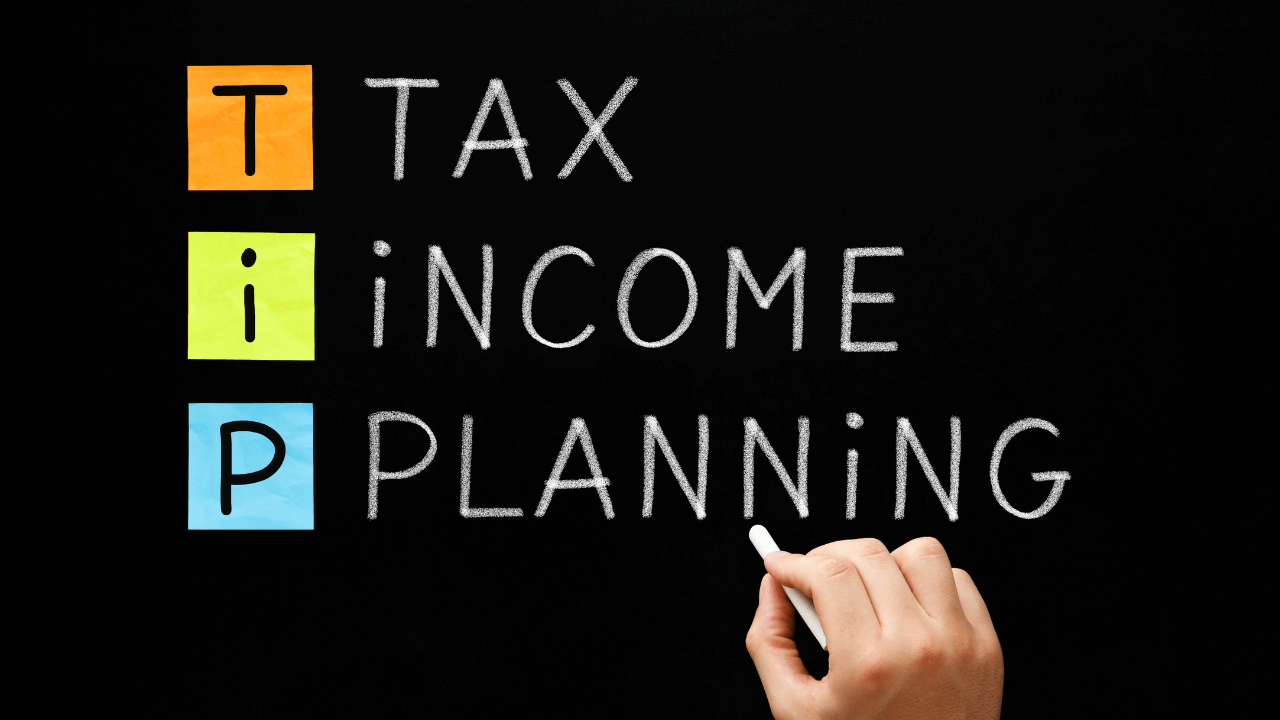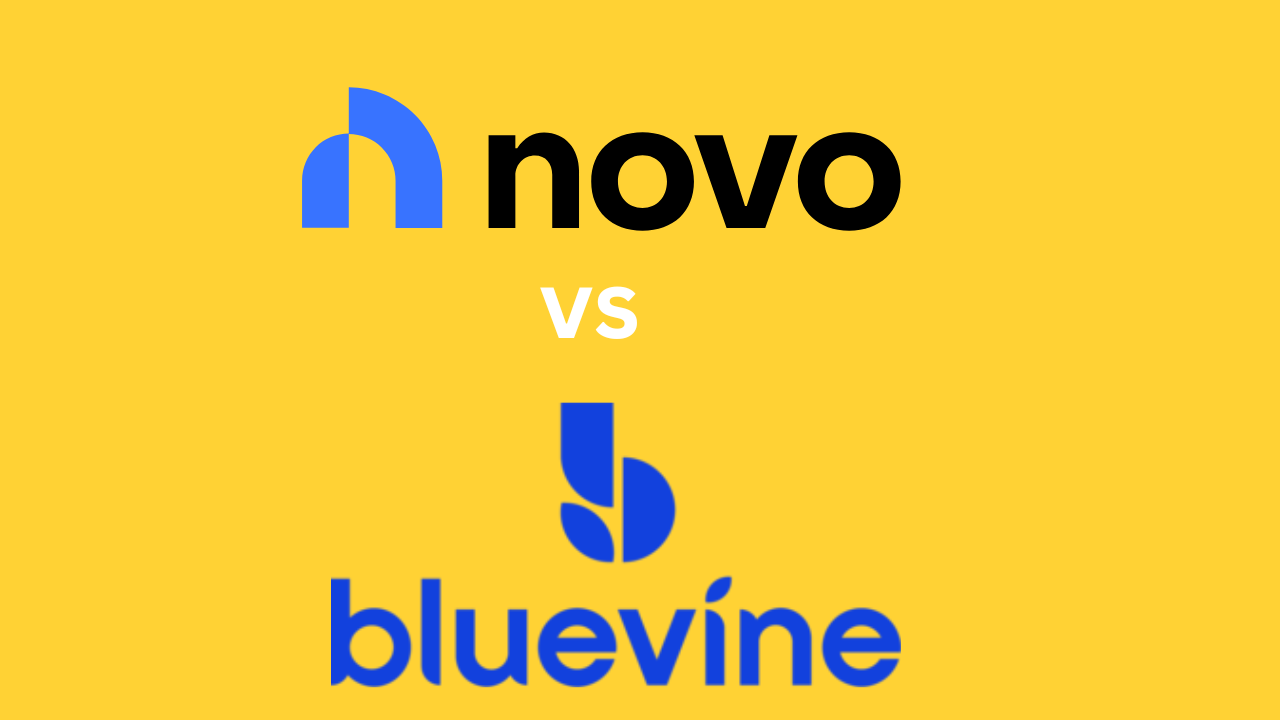Language:
What Are Shareholders in a Business?

“It takes a village.” Serial entrepreneurs near and far can vouch that a single brain starting a business needs the help of many more brains to grow. Many paint business ownership as a single venture, but without the help of teachers, mentors, investors, shareholders, partners, and many other stakeholders, no business owner could ever step foot into a successful venture.
What Is a Shareholder?
A shareholder is either a person, a company, or an institution that owns at least one share of a company’s stock, meaning they have a particular share in that company or a mutual fund paid in dividends. While this definition does seem a little generic, it’s because shareholder encompasses a few different specialty terms that define their involvement, return, and roles.
Take a minority shareholder, which holds less than half of a corporation’s shares and thus can make fewer decisions about how the company runs. A majority shareholder on the other hand owns more than half of a company’s shares, giving them much more control and voting rights toward company operations.
Remember, a shareholder can be a person or a group of people through a business that buys stocks. Both of them are deemed shareholders; not just those who buy stocks for themselves.
Roles and Rights of a Shareholder
We mentioned before that the word “shareholder” is a broad term. Even being a minority or a majority shareholder gives limited information on what roles a shareholder can have in an organization. To get this information, a shareholder needs to know the bylaws and charters of the organization, which is a fancy way of saying rules and regulations ranging from how an organization runs board and stockholder meetings to the exact duties of key stakeholders in the company like the CEO, how the board votes, and many more specifics.
These outlines can get pretty in-depth; let’s look at some of American Airlines’ bylaws:
“No stockholder may demand that the Secretary of the Corporation call a special meeting of the stockholders pursuant to Article II, Section 2(a) unless a stockholder has first submitted a request in writing that the Board of Directors fix a record date (a “Demand Record Date”) for the purpose of determining the stockholders entitled to demand that the Secretary of the Corporation call such special meeting, which request shall be in proper form and delivered to, or mailed and received by, the Secretary of the Corporation at the principal executive offices of the Corporation.”
In other words, stockholders can’t call special meetings unless they’ve asked the Secretary of the Corporation in writing and had the Board of Directors fix a “Demand Record Date,” showing that it would be difficult to call a meeting yourself as a stockholder without jumping through a few hoops.
Liabilities of a Shareholder
Think about how much money you’ve made in interest in your high-yield or regular savings account. As long as you keep money in the account, it’s a guarantee that you’ll get at least some return on it the longer it stays. But investing in the stock market isn’t as carefree. Being a shareholder is trusting a business so much that you’re putting your money on the line for them. If you play your cards right, you could get a great return. If not, then you could end up like the many shareholders of Silicon Valley Bank.
Shareholders and the Internal Revenue Service (IRS)
If you do bring in stock gains and dividends from your investment, you need to pay taxes to the IRS just like you would a job you’ve worked.
Dividends (what you receive from the corporation’s profit from being a stockholder) are broken up into qualified and nonqualified (ordinary) dividends. Nonqualified dividends will match your personal tax bracket, and qualified dividends depend on your taxable income and your filing status, being either 0%, 15%, or 20%.
Capital gains (which is when you sell your stock to someone else at a higher price than you got it) are taxable as short-term capital gains for assets held for a year or shorter, or long-term capital gains for assets held for longer than a year. The IRS incentives stockholders to hold their stocks longer, so the long-term capital gains tax rates are usually lower than short-term.
If you’ve invested an exceptionally large amount of money into stocks, you might need to pay an extra 3.8% of taxes, which is called the net investment income tax.
3 Types of Shareholders
Let’s break down the nuance of shareholders to better visualize their differences.
1. Common Shareholder
Common shareholders are people who own common stock, investing their money in the stock market through a stockbroker or an investing and trading app like Robinhood. When your friend said they just invested in Twitter stocks after Elon Musk took it over, they’re likely investing in a common stock because they have a sense of optimism in the company, hoping to reap dividends from their investment and/or eventually sell it for a higher price and receive capital gains. These stockholders do have voting rights, but have fewer preferences in other aspects, like dividend payment.
2. Preferred Shareholder
Preferred shareholders represent a higher ownership level with the ability to claim higher dividends than common stockholders. Their payments are prioritized over common shareholders, making them a less risky investment, but they also don’t have the voting power that common shareholders do.
3. Non-Voting Shareholder
This is a shareholder that is usually issued to employees of a startup or growing organization. They’re given stocks that could bring back investment, but they don’t have the voting rights that a common shareholder has.
Shareholders vs Bondholders vs Stakeholders
Let’s break down how shareholders are different from a few other ownership types. As a reminder: a shareholder is a person or organization that owns a share in a company, showing a sense of ownership in the company. A bondholder owns a bond in a company, which is a loan with an interest rate that they’ll get paid back. A stakeholder is anyone who has a vested interest and involvement in a company, be it an employee, investor, partner, or customer, but doesn’t necessarily need to have an ownership or even work at the company. Think of stakeholder as a general term for anyone who’d be at stake if something negative were to happen to the company.
Shareholders vs Subscribers
While a shareholder can purchase a share whenever they’d like in a company decades after that company was formed, a subscriber was one of the first shareholders when that company was formed and has at least 1 share in a company.
How Shares Are Issued
Once a company has formally introduced stocks into their business and drawn up a shareholder agreement, they’ll present a stockholder with a physical stock certificate that formally shows their ownership in the company and then present a bill of sale when a stock has been issued. Whenever you gain dividends, you’ll receive them in your designated brokerage account. Companies can use tools like shareholder management software to manage their company shares, and stockholders can use management equity software.
Manage Your Small Business, Stock, and Bond Income with doola
Running a business and managing your shares can be time-consuming and frustrating if not done properly. doola’s bookkeeping services can cleanly manage your monthly accounting so all your investments and income are in one place. Get started today!
FAQs
How do shareholders make money?
By either gaining dividends from successful stocks or by selling stocks for more than they purchased.
Can a shareholder be a director?
A shareholder could have the potential to be a director for gaining any business status.
Is the shareholder the owner of the company?
A shareholder is deemed a partial owner of a company, though you wouldn’t necessarily put “owner” on your resume. Your ownership in a company is reflected through stocks, affecting whether your investment becomes a gain or a loss.
Why are shareholders important?
Shareholders help maintain balance governance in a business; when there are many stakeholders involved, businesses can make decisions based on several points of view— not just one.
Where do you find a company’s shareholders?
Use the EDGAR database on the US Securities and Exchange Commission.
Keep reading
Start your dream business and keep it 100% compliant
Turn your dream idea into your dream business.















